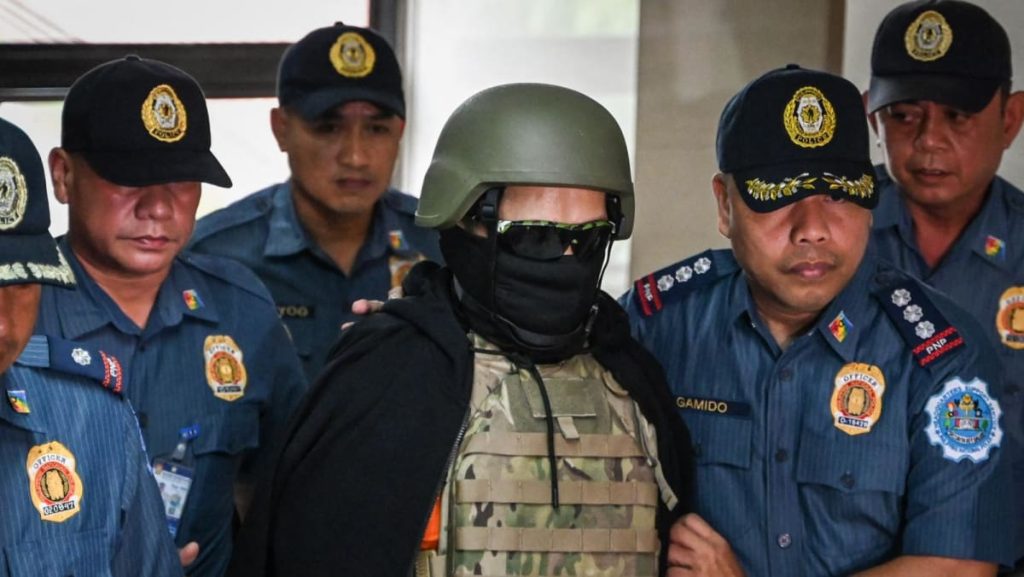Apollo Quiboloy, a detained Philippine pastor, who is also wanted in the United States for sex trafficking children, has registered to run in next year’s senate elections. Quiboloy, an ally of former president Rodrigo Duterte, is known as the “Appointed Son of God” and heads a sect that claims millions of followers. The 74-year-old pastor is currently detained in Manila and facing charges of child abuse, sexual abuse, and human trafficking.
One of Quiboloy’s lawyers, Mark Christopher Tolentino, filed his candidacy paperwork and stated that the pastor wants to be a part of the solution to the problems facing the country. Quiboloy’s campaign is reportedly motivated by his faith in God and his love for the Philippines. Tolentino added that Quiboloy plans to promote laws that are “God-centred, Philippine-centred, and Filipino-centred,” emphasizing his commitment to bringing about positive change if elected to the Senate.
Despite his legal troubles and controversial reputation, Quiboloy’s bid for the Senate has generated interest and debate in the Philippines. His association with Duterte and his large following within his sect could potentially influence the upcoming elections. Quiboloy’s candidacy raises questions about the intersection of religion, politics, and the criminal justice system, as well as the impact of his campaign on the broader political landscape in the country.
Critics of Quiboloy argue that his candidacy sends the wrong message and raises concerns about his ability to effectively serve as a senator given his pending legal issues. They point to the serious nature of the charges against him and question his moral authority to hold public office. Some also express skepticism about the sincerity of his campaign platform, suggesting that it may be more about personal ambition and influence rather than genuine commitment to public service.
Supporters of Quiboloy, on the other hand, defend his right to run for office and believe that he deserves a fair chance to present his platform to the Filipino electorate. They see his candidacy as an opportunity to bring new perspectives and voices to the political arena, and to advocate for causes that are important to his followers. Despite his controversial past, they argue that Quiboloy should be judged based on his qualifications and ideas rather than his legal troubles.
As Quiboloy’s campaign unfolds in the lead-up to the Senate elections, the Philippine public will be closely watching to see how his candidacy is received and whether he can overcome the obstacles he faces. His bid for political office raises important questions about faith, governance, and justice, and the outcome of the elections will have significant implications for the future direction of Philippine politics.













